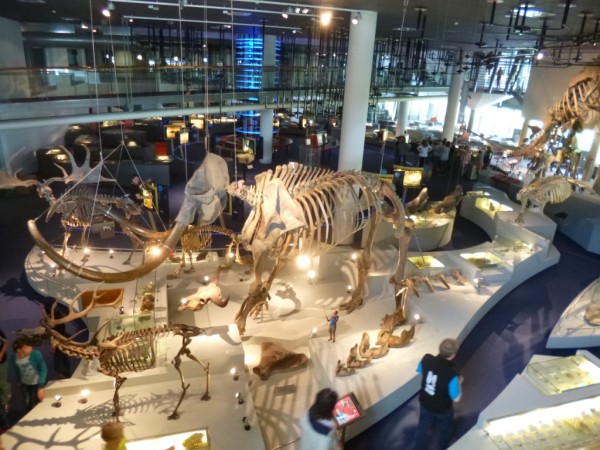Although this blog has only made passing reference to my PhD journey on a personal level, now that I’m three years in it’s interesting to look back at those yearly updates/reflections and see how my thinking and outlook have changed.
One year in and I was filled with optimism and a sense of achievement about my first milestone. Another year on and that milestone felt like a long way in the past. Self-doubt was creeping in and it felt like any tangible progress was painfully slow. I feared falling behind and not getting any worthwhile results. Fast forward another 12 months and I’ve passed the three year mark (in terms of calendar time at least – “officially” the three-year clock doesn’t run out until mid-May due to a couple of candidature breaks) – it’s the home stretch, the finish line is in sight!
Although there is still a lot of work to go, I’ve pulled together about 90% of a full first draft of the thesis. There’s a sense of accomplishment of seeing some 75,000 words* all together in one document. Moreover, they are words that I think tell a story and seem to reach some meaningful conclusions. Recently when one of my supervisors asked me what my research had found, I was able to give a (fairly) straight and succinct answer. I can look back at what I set out to do at the beginning of my PhD and see I’ve managed to find at least some answer to all the research questions I had at the outset.
Everyone’s PhD journey is different, but for me it felt like I turned a corner once I’d finished my data collection in about June last year. My worries about not asking the right questions was replaced by pragmatism: my data set was what it was, and I had to make the best of it come what may. I increased my confidence and competence in data analysis as interesting results started emerging. Diving into the numbers of my quantitative data set satisfied my inner nerd.
Looking back, I think I underestimated what an emotionally draining process data collection can be. All in all I approached some 1200 visitors – roughly half of whom agreed to participate in my research – and discreetly tracked over 200 more. It takes a lot of concentration, upbeat manner and acceptance of rejection! In my own case, data collection coincided with a time I’d spread myself a little thinly due to volunteering, as well as a difficult period in my private life, both of which probably magnified the sense of being emotionally spent. But I’d wager it’s a draining process at the best of times.
Now that I’ve conducted a piece of my own research, I feel more able to critically evaluate the research of others. It’s made me a better reader of the literature. I found it useful going through the peer review process for my first academic publication – the reviewer comments helped sharpen my arguments. And although it’s hard to measure this about yourself, I think the overall quality of my thinking has improved.
Where from here?
Although the finish line is in sight, it’s fair way off in the horizon. Once I have pulled together a first full draft, it will be a chance for me (and my supervisors) to see how everything hangs together, identify the weaknesses, plug any holes. I don’t want to underestimate the size of that task, but at the moment it feels achievable. There are probably another 2-3 publications that can come out of my research, although for the time being I’m concentrating on the thesis. Some of the results I’ll be presenting at the Visitor Studies Association conference in Albuquerque this July, which is an extension of what I presented at the Visitor Research Forum at UQ last month. So gradually I’m putting the results “out there”; I just don’t want to pre-empt too much of that on this blog.
But stay tuned . . .
*That count includes absolutely *everything* – figures, tables, captions, footnotes, references, appendices. The word limit for PhD theses at UQ is 80,000 words including everything except references.
